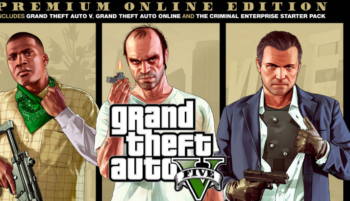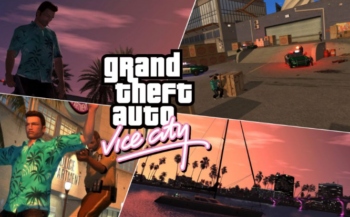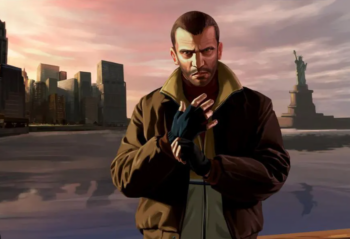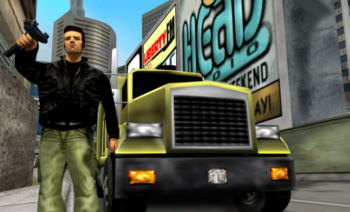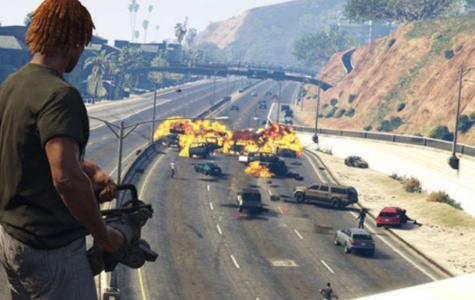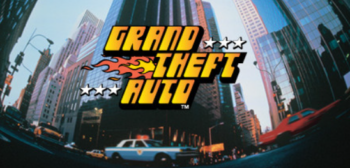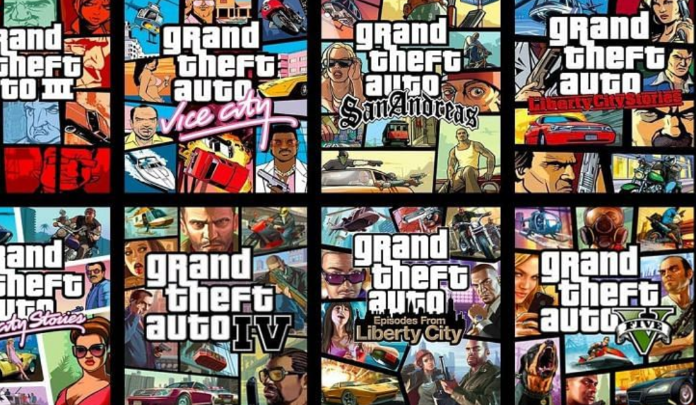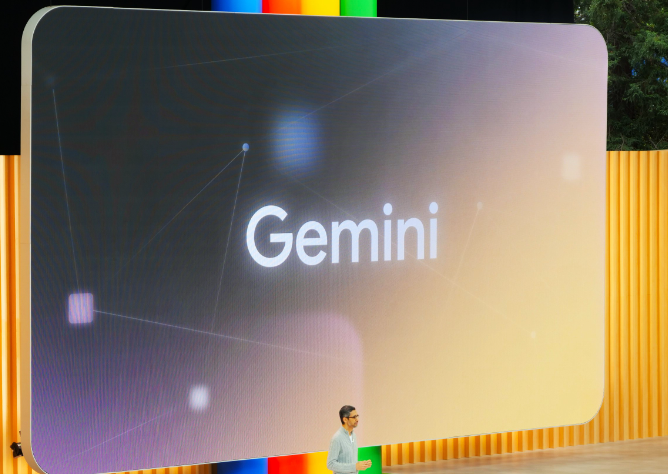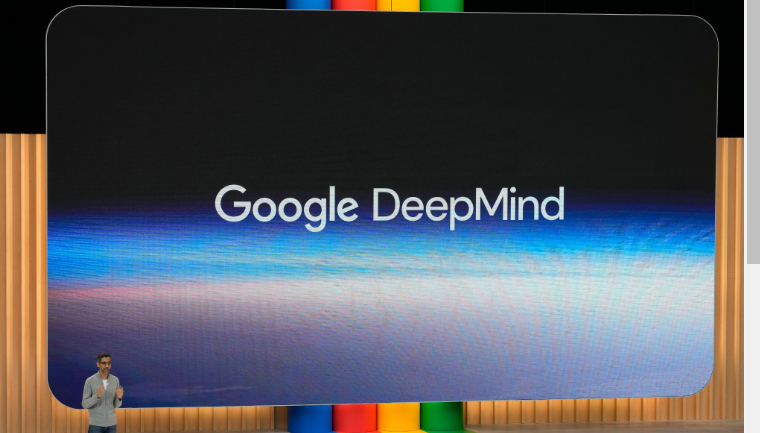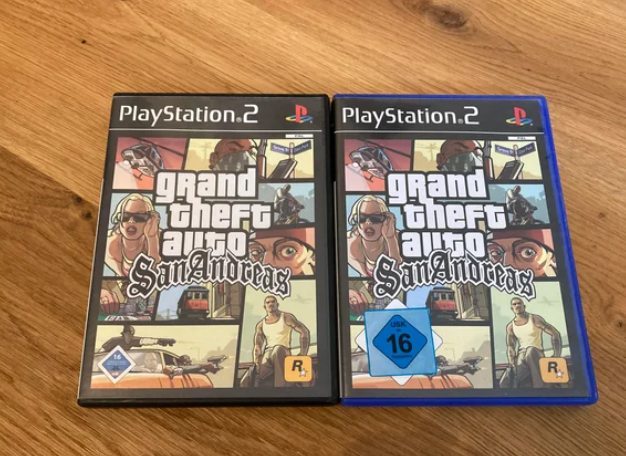
Since its inception in 1997, Grand Theft Auto (GTA) has captivated gamers worldwide with its open-world gameplay, immersive storylines, and captivating characters. From the gritty streets of Liberty City to the sun-drenched shores of Vice City and the sprawling countryside of San Andreas, GTA has transported players to diverse virtual worlds teeming with life. Each installment has pushed the boundaries of gameplay, introducing innovative mechanics and expanding the scope of player freedom.
Grand Theft Auto: Inception
- Creators: Grand Theft Auto (GTA) series was created by David Jones and Mike Dailly, with later titles developed under the oversight of Dan and Sam Houser, Leslie Benzies, and Aaron Garbut.
- Development House: The series is primarily developed by Rockstar North (formerly DMA Design), a British development house, and published by Rockstar Games, its American parent company.
- Gameplay Focus: The gameplay centers around an open world where players can complete missions, engage in various side activities, and progress an overall story. Gameplay elements include driving, shooting, role-playing, and stealth.
- Setting: The games are set in fictional locales modeled after real-life cities, spanning different time periods from the early 1960s to the 2010s. The original game included three cities—Liberty City (New York City), San Andreas (San Francisco), and Vice City (Miami).
- Protagonists: Each game in the series features a different protagonist attempting to rise through the criminal underworld with various motives, often involving themes of betrayal.
- Voice Cast: Notable film and music veterans have voiced characters in the games, including Ray Liotta, Dennis Hopper, Samuel L. Jackson, William Fichtner, James Woods, Debbie Harry, Axl Rose, and Peter Fonda.
- Series Beginnings: DMA Design started the series in 1997 with the release of the original Grand Theft Auto.
- Expansion and Influence: As of 2020, the series includes seven standalone titles and four expansion packs. Grand Theft Auto III, released in 2001, is considered a landmark game that brought the series into a three-dimensional environment. Subsequent titles built upon this format, influencing other open-world games and leading to the term “Grand Theft Auto clone.”
- Critical Acclaim: The series has been critically acclaimed, with main 3D entries frequently ranked among the greatest and best-selling video games. It has shipped over 405 million units, making it one of the best-selling video game franchises.
- Recognition: In 2006, Grand Theft Auto was featured in a list of British design icons, and in 2013, it was ranked among Britain’s most successful exports by The Telegraph.
- Controversies: The series has been controversial for its adult nature, violent themes, and instances of cut content.
GTA: Timeline
- Grand Theft Auto
- Year: 1997
- Platforms: MS-DOS, PlayStation
- Grand Theft Auto 2
- Year: 1999
- Platforms: PlayStation, Dreamcast, Game Boy Color
- Grand Theft Auto III
- Year: 2001
- Platforms: PlayStation 2, Windows, Xbox
- Grand Theft Auto: Vice City
- Year: 2002
- Platforms: PlayStation 2, Windows, Mac OS X
- Grand Theft Auto: San Andreas
- Year: 2004
- Platforms: PlayStation 2, Windows, Xbox
- Grand Theft Auto IV
- Year: 2008
- Platforms: PlayStation 3, Xbox 360, Windows
- Grand Theft Auto: Chinatown Wars
- Year: 2009
- Platforms: PSP, Nintendo DS, iOS, Android
- Grand Theft Auto V
- Year: 2013
- Platforms: PlayStation 3, Xbox 360, PlayStation 4, Xbox One, Windows
- Grand Theft Auto: The Trilogy – The Definitive Edition
- Year: 2021
- Platforms: PlayStation 5, PlayStation 4, Xbox Series X/S, Xbox One, Nintendo Switch, Windows, iOS, Android
GTA releases in Chronological Order
- 1997: Grand Theft Auto
- 1999:
- Grand Theft Auto: London 1969
- Grand Theft Auto: London 1961
- Grand Theft Auto 2
- 2001: Grand Theft Auto III
- 2002: Grand Theft Auto: Vice City
- 2003: Grand Theft Auto: Double Pack
- 2004:
- Grand Theft Auto: San Andreas
- Grand Theft Auto Advance
- 2005:
- Grand Theft Auto: The Trilogy
- Grand Theft Auto: Liberty City Stories
- 2006: Grand Theft Auto: Vice City Stories
- 2008:
- Grand Theft Auto IV
- 2009:
- Grand Theft Auto IV: The Lost and Damned
- Grand Theft Auto: Chinatown Wars
- Grand Theft Auto: The Ballad of Gay Tony
- 2013:
- Grand Theft Auto V
- Grand Theft Auto Online
- 2021: Grand Theft Auto: The Trilogy – The Definitive Edition
- 2025: Grand Theft Auto VI
- Division into Universes: The Grand Theft Auto series is divided into distinct fictional universes, categorized based on the primary level of graphics capability used in each era. These include the “2D universe” comprising the original Grand Theft Auto, its expansions, and its sequel; the “3D universe” starting with Grand Theft Auto III and its sequels; and the “HD universe” encompassing Grand Theft Auto IV, its expansions, and Grand Theft Auto V.
GTA Cities
3D Universe (1997-2004):
- Liberty City: Based on New York City, with influences from other American cities like Chicago and Philadelphia. Featured in Grand Theft Auto III, Grand Theft Auto: Liberty City Stories, and Grand Theft Auto IV.
- Vice City: Inspired by Miami, Florida, in the 1980s. Featured in Grand Theft Auto: Vice City.
- San Andreas: A fictional state based on California, comprising three major cities:
- Los Santos: Los Angeles
- San Fierro: San Francisco
- Las Venturas: Las Vegas Featured in Grand Theft Auto: San Andreas.
HD Universe (2008-present):
- Liberty City: Similar to the 3D Universe version, but with a more modern look and expanded areas. Featured in Grand Theft Auto IV and Grand Theft Auto: The Lost and Damned.
- Los Santos and Blaine County: Based on Los Angeles and its surrounding areas. Featured in Grand Theft Auto V and Grand Theft Auto Online.
- Carcer City: A fictional city based on Detroit, Michigan. Featured in Grand Theft Auto: Chinatown Wars.
Other Settings:
- London: Featured in Grand Theft Auto: London 1969 (expansion for Grand Theft Auto).
- Manchester: Featured in Grand Theft Auto: The Getaway (spin-off game).
Future Settings
There have been various rumors and speculation about future GTA settings, but nothing has been officially confirmed. Popular suggestions include:
- Tokyo, Japan: A bustling metropolis with a distinct culture and architecture.
- Rio de Janeiro, Brazil: A vibrant city with stunning beaches and diverse neighborhoods.
- Chicago, Illinois: A major American city with a rich history and iconic landmarks.
GTA Series
GTA Release History:
- The original Grand Theft Auto was released in 1997 for MS-DOS and Windows, later ported to PlayStation in 1998 and Game Boy Color in 1999.
- Grand Theft Auto 2 was released in 1999 for Windows, with subsequent ports to PlayStation, Dreamcast, and Game Boy Color.
- PlayStation 2 Era: Three main series installments were featured on the PlayStation 2, later re-released on various platforms after their timed exclusivity. Grand Theft Auto III (2001) transitioned from 2D to 3D graphics, while Grand Theft Auto: Vice City (2002) was the first to introduce a speaking protagonist, voiced by Ray Liotta. Grand Theft Auto: San Andreas (2004) expanded with character customization and a vast map.
- PlayStation 3 and Xbox 360 Era: Grand Theft Auto IV (2008) focused on realism, removing certain customization features and introducing an online multiplayer mode. Grand Theft Auto V (2013) featured three playable protagonists and achieved massive financial success, breaking records. It was later re-released with enhancements for PlayStation 4, Xbox One (2014), and Windows (2015), with subsequent releases for PlayStation 5 and Xbox Series X/S in March 2022.
GTA: Expansion Packs and Additional Games
-
- In 1999, the original Grand Theft Auto received two expansion packs: Grand Theft Auto: London 1969 and Grand Theft Auto: London 1961, set in a fictional version of London, featuring new missions and characters.
- Grand Theft Auto Advance (2004), exclusively for Game Boy Advance, adopted a top-down perspective, similar to the first two main games, and served as a prequel to Grand Theft Auto III.
- Three games were released for the PlayStation Portable: Grand Theft Auto: Liberty City Stories (2005), a prequel to Grand Theft Auto III; Grand Theft Auto: Vice City Stories (2006), a prequel to Vice City; and Grand Theft Auto: Chinatown Wars (2009), sharing the setting with Grand Theft Auto IV.
- The Lost and Damned and The Ballad of Gay Tony were Xbox 360 expansion packs to Grand Theft Auto IV in 2009. Later, they were released for PlayStation 3 and Windows as part of Grand Theft Auto: Episodes from Liberty City, following a timed exclusivity with Microsoft.
- Mobile Ports:
- Chinatown Wars was released for iOS in 2010 and for Android and Fire OS in 2014.
- Grand Theft Auto III and Vice City were re-released for iOS and Android in 2011 and 2012, respectively, to mark their tenth anniversaries.
- San Andreas was ported to iOS, Android, and Windows Phone in 2013. The mobile port was re-released for Xbox 360 in 2014 and PlayStation 3 in the following year.
- Liberty City Stories was ported to iOS, Android, and Fire OS in 2015.
- Compilation Release:
- The Lost and Damned and The Ballad of Gay Tony, initially Xbox 360 exclusives, were later part of Grand Theft Auto: Episodes from Liberty City, released for PlayStation 3 and Windows.
- Strategic Alliances:
- The timed exclusivity of The Lost and Damned and The Ballad of Gay Tony on Xbox 360 resulted from a “strategic alliance” between Rockstar and Microsoft.
- Grand Theft Auto Double Pack (2003):
- Released for PlayStation 2 and Xbox.
- Includes Grand Theft Auto III and Vice City.
- Grand Theft Auto: The Trilogy (2005):
- Compilation of III, Vice City, and San Andreas.
- Initially released for Xbox.
- Later re-released for PlayStation 2, Windows, Mac OS X, and PlayStation 4.
- Served as the revised package for San Andreas after the Hot Coffee mod controversy.
- Remastered version developed by Rockstar Dundee using Unreal Engine announced as Grand Theft Auto: The Trilogy – The Definitive Edition on 8 October 2021.
- Features graphical and gameplay upgrades, released on multiple platforms in November 2021, with Android and iOS release planned for 2022.
- Grand Theft Auto: Episodes from Liberty City (2009):
- Standalone compilation of the two episodes for Grand Theft Auto IV (The Lost and Damned and The Ballad of Gay Tony).
- Released on 29 October 2009 for Xbox 360, 13 April 2010 for PlayStation 3 and Windows.
- Episodes from Liberty City added to Xbox One’s backwards compatibility list in February 2017.
- Standalone release for Windows discontinued and replaced by a single-player-only version of Grand Theft Auto IV: Complete Edition in 2020.
GTA Gameplay
- Criminal Roleplay:
- Players assume the role of a criminal in a big city.
- Goal: Rise through the ranks of organized crime.
- Given missions by kingpins and major figures in the city’s underworld.
- Completion of missions is essential for progressing through the storyline.
- Features include assassinations and various violent crimes.
- Expanded Storylines:
- Post-Grand Theft Auto 2 titles have more developed storylines.
- Players often face unfortunate events, serving as motivation to climb the criminal ladder.
- Triumph of the character by the end of the storyline.
- Open World Genre:
- Belongs to the open world genre, offering players extensive freedom.
- Contrasts with traditional action games with linear gameplay.
- Players determine missions and alter relationships with characters based on choices.
- Cities are freely roamed, providing minor missions and the main storyline.
- Voice Acting and Radio Stations:
- Grand Theft Auto III and subsequent titles feature more voice acting and radio stations.
- Simulates driving to music with disc jockeys, radio personalities, commercials, talk radio, and pop music.
- Emulates American culture.
- Urban Environment Simulation:
- Use of vehicles in an explorable urban environment.
- Basic simulation of a working city with pedestrians obeying traffic signals.
- Atmosphere details contribute to an open-ended environment.
- Police Response System:
- Criminal activities prompt police attention.
- Engaging in illegal activities earns a “wanted level” (up to five or six stars).
- Response strength increases with higher wanted levels.
- In-game missions can automatically trigger a wanted level.
- Evading police while wanted can result in higher wanted levels.
- Wanted level can be removed by avoiding detection or spending in-game money at specific locations.
- Player-character respawn at a hospital removes the wanted level but may result in losses.
- Common Gameplay Concept:
- The “wanted level” concept is common in similar open-world games.
The Enduring Legacy of GTA
Grand Theft Auto stands as a titan in the gaming industry, a series that has consistently pushed boundaries, broken records, and captured the hearts of millions. From its humble beginnings to its current status as a cultural phenomenon, GTA has evolved into a force that transcends the realm of video games. The enduring appeal of GTA lies in its ability to offer players an escape into a world of freedom, excitement, and consequence. It allows us to explore our darker desires, experiment with different identities, and experience the thrill of the forbidden. It’s a world where anything is possible, and where the line between good and evil is constantly blurred. As we look toward the future of GTA, one thing remains certain: the series will continue to evolve, innovate, and inspire. Rockstar Games has a proven track record of exceeding expectations, and with each new installment, they raise the bar for open-world gaming.
